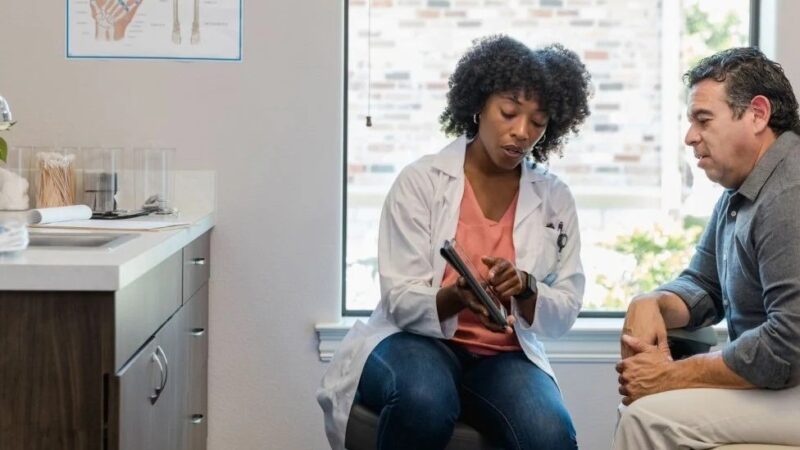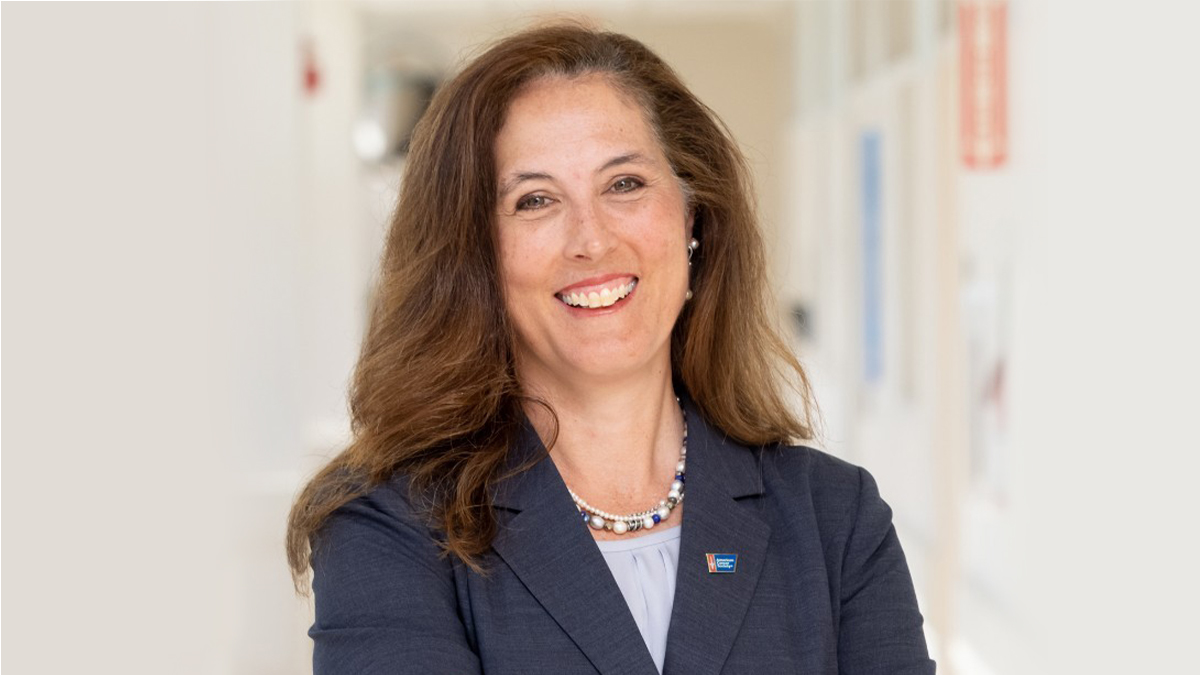Karen Knudsen, American Cancer Society, shared a post on LinkedIn:
“Grateful to have contributed to the Power of Ideas essay collection, exploring how partnership can lead to better health for more people.
Looking forward to seeing everyone this week and discussing partnerships to eradicate cancer at the 2024 Milken Institute Future of Health Summit.“

Better Together: Partnering to Accelerate Progress against Cancer
“The cancer challenge remains formidable. In 2024, there will be more than 2 million new diagnoses in the United States—the highest ever for a single year—and over 20 million worldwide. The global impact will reach 35 million cases by 2050 due to population growth and aging. The figures are troubling and trends concerning, including an unexplained rise of cancer in people under 50. Cancer doesn’t discriminate by demographics or geography; either directly or indirectly, almost every family is affected.
Despite this challenge, there is unprecedented reason for hope. Advances in prevention, early detection, and more effective cancer therapeutics reduced the overall cancer mortality rate in the US by 33 percent since 1991, when cancer death rates were at their peak. While continued investment in cancer research is essential to accelerate progress against the more than 200 diseases we call “cancer,” the World Health Organization project ed that the mortality rate would fall another 30 to 50 percent if patients could only take advantage of the evidence-based care strategies available today. The American Cancer Society (ACS) and our advocacy affiliate, American Cancer Society Cancer Action Network (ACS CAN), recognize that no one organization can achieve this alone. Partnerships are central to making progress against our goal of ending cancer as we know it, for everyone.
As such, ACS has increasingly prioritized strategic partnerships to advance equitable access to cancer care. For example, key partnerships aim to solve the avoidable problem of late-stage cancer diagnoses. Survival rates are six to eight times higher when cancers are detected at stage I versus stage IV, and treatment costs are approximately 75 percent lower. A major goal for the cancer community—and for self-insured mid-and large-sized organizations in the US that foot the bill for about half the country’s health care—has been to increase the uptake of cancer screenings, as reported by KFF. Today, 65 percent of Americans are behind on recommended screenings as a result of known barriers, the Prevent Cancer Foundation reports.
“Partnerships are central to making progress against our goal of ending cancer as we know it, for everyone.”
To directly address this problem, ACS partnered with Color Health to facilitate access to comprehensive prevention, screening, and management solutions for individuals who receive health-care coverage through their employer or union. The partnership—which covers care for the highest-burden cancers, including breast, skin, prostate, lung, cervical, and colorectal—will impact millions of individuals, helping them stay up to date on screenings and offering wraparound support throughout their cancer journey. Enrolled organizations reported a 77 percent average increase in screening adherence, demonstrating the power of this novel partnership.
A second focus area of partnerships is those intended to increase access to innovative cancer care, including clinical trials. Through the ACS Impact Investment Fund, BrightEdge, ACS invested in early-stage companies such as Paradigm, which leverages technology to expand access to clinical trials, ultimately advancing cancer care equity. ACS programs funded in partnership with Pfizer, Bank of America, AstraZeneca, Genentech, and other organizations also allowed for the creation of the Health Equity Ambassador Program, wherein volunteers provide education about cancer care options and clinical trials to underserved communities. These partnerships also support federal and state-level advocacy work through ACS CAN, recognizing the need to support action through policy. Combined, these important partnerships strive to increase access to the most a dvanced cancer care.
While these partnerships illustrate the impact of focused efforts to close gaps in cancer detection and care, others enable patients and their families to address the financial impact of cancer. For example, through a first-in-field partnership between ACS and Janus Henderson, the investment firm will donate at least $1 million annually to ACS for the next three years to fund cancer advocacy, research, and patient support. This financial commitment will include supporting patients who have difficulties paying medical bills, are accruing medical debt, and may be delaying or forgoing recommended medical care due to cost. Efforts like these help bolster ACS’s work to assist patients and families across the country.
At ACS, we appreciate the hundreds of organizations partnering with us to bring cancer-fighting care, research, support, and resources to people across the country. By joining efforts with a diverse group of companies and individuals, we’ve seen how to tackle cancer from all angles to improve outcomes for patients and their families. Together, we’re making progress toward ensuring everyone has a fair and just opportunity to prevent, detect, treat, and survive cancer.”
Karen E. Knudsen is the past CEO of the American Cancer Society (ACS). Prior to joining ACS, Dr. Knudsen served as executive vice president of Oncology Services and enterprise director for Sidney Kimmel Cancer Center at Jefferson Health. She also served as president for the Association of American Cancer Institutes (AACI) and on the board of directors of the American Association for Cancer Research (AACR). She serves on the board of advisors for the National Cancer Institute and on 12 external advisory boards for NCI-designated cancer centers. She is an active member of several committees with the American Society for Clinical Oncology (ASCO), in addition to serving on other academic and for-profit advisory boards.


